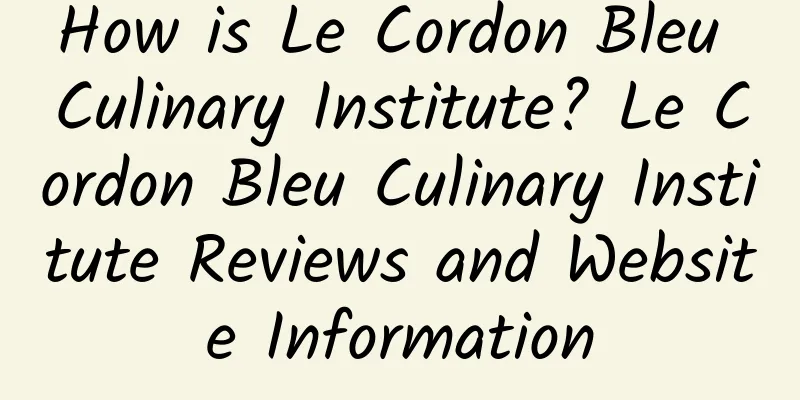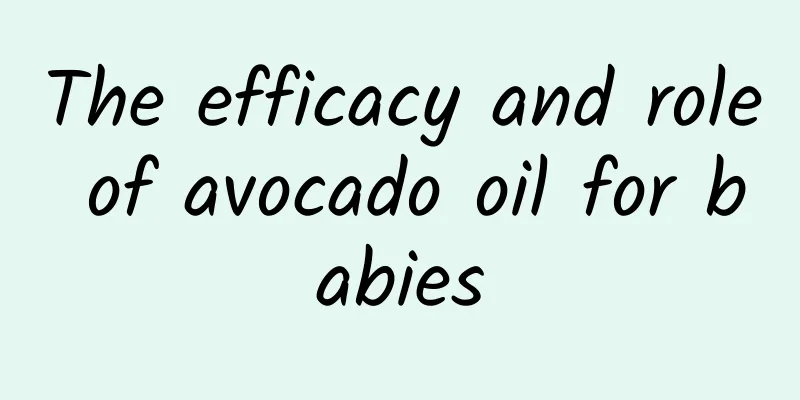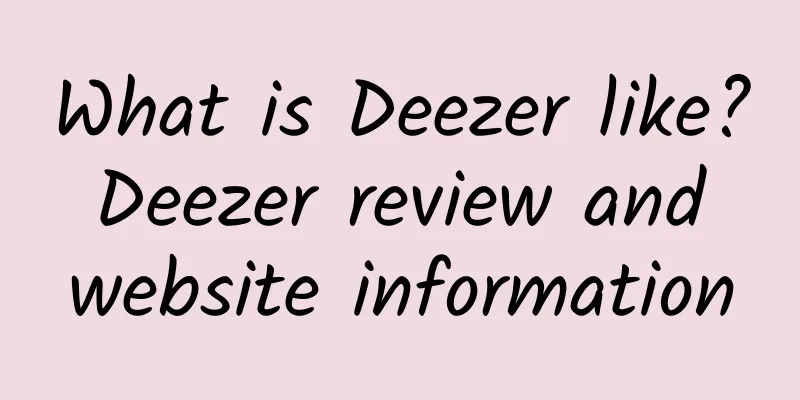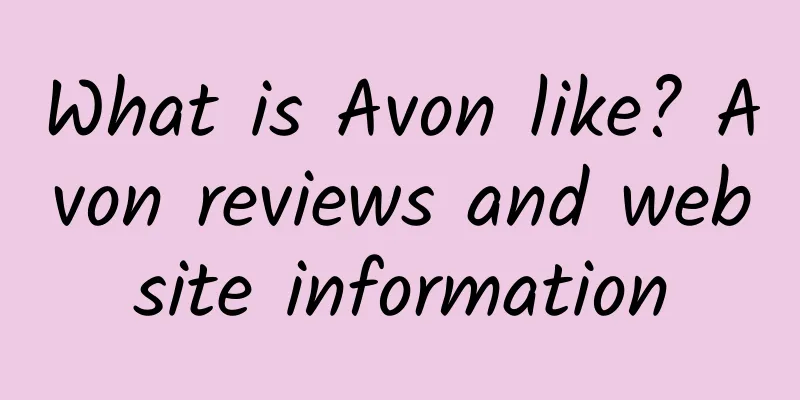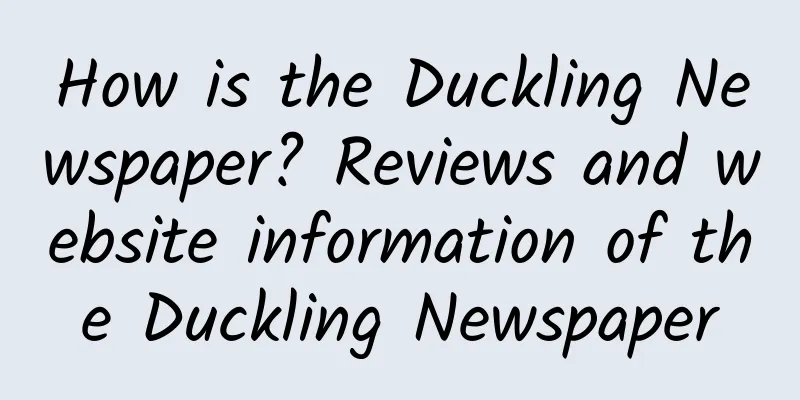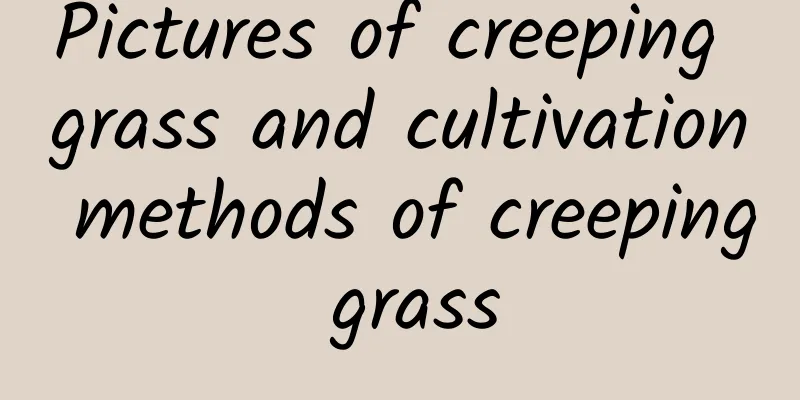International Council of Museums_ICOM How is it? International Council of Museums_ICOM reviews and website information
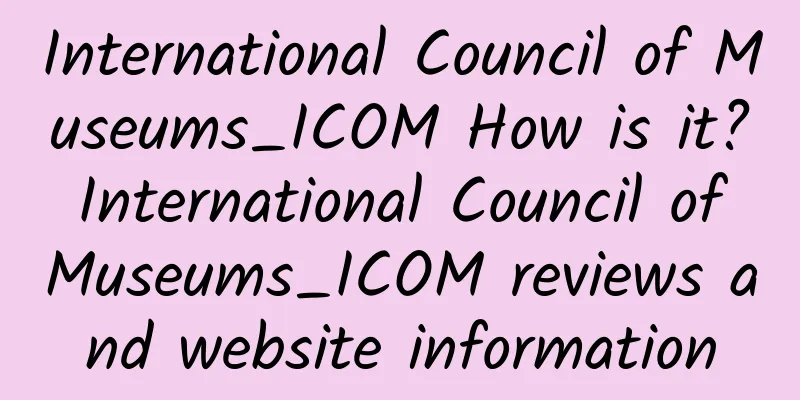
|
International Council of Museums_What is ICOM? The International Council of Museums (ICOM) is an international non-governmental organization founded in 1946 and headquartered in Paris, France. It is an organization on museology, museum management and operation. Website: icom.museum International Council of Museums (ICOM): A global leader in the museum sectorThe International Council of Museums (ICOM) is one of the most influential museum professional organizations in the world. As an international non-governmental organization, it is committed to promoting the development of museums and promoting cooperation and exchanges among museums around the world. Since its establishment in 1946, ICOM has become a bridge connecting museum professionals around the world, providing an important platform and support for the research, management and operation of museology. ICOM's Background and DevelopmentThe establishment of ICOM can be traced back to 1946 after World War II. At that time, the war brought great damage to Europe's cultural heritage, and museums in many countries faced severe challenges. In order to protect and inherit human cultural heritage, and to strengthen the connection and cooperation between museums in various countries, a group of museum professionals from different countries jointly founded the International Council of Museums in Paris. Since then, ICOM has begun to play an important role worldwide. By setting industry standards, providing professional training and promoting international cooperation, ICOM helps museums in various countries improve their management level and service quality. Over time, ICOM has gradually expanded its influence, attracted more and more member states to join, and become an important partner of UNESCO. ICOM's core mission and goalsAs a leader in the global museum field, ICOM's core mission is to support and promote the work of museums and their practitioners to achieve effective protection and sustainable use of cultural heritage. Specifically, ICOM's main goals include the following aspects:
ICOM's organizational structure and operating mechanismICOM's organizational structure consists of multiple levels to ensure its efficient operation on a global scale. The highest decision-making body is the General Conference, which is held every three years. All member countries can send representatives to attend and vote on major issues. In addition, ICOM also has an Executive Board, which is responsible for overseeing daily affairs and strategic planning. In addition to the central organization, ICOM has also established numerous national and regional committees around the world. These branches directly serve local members and feedback their needs and suggestions to the headquarters. At the same time, ICOM also has more than 30 International Committees, focusing on specific fields such as natural history museums, science and technology museums, art museums, etc., to provide professional support for related practitioners. ICOM website: icom.museumAs an important window for ICOM to communicate with the outside world, icom.museum is a comprehensive and informative official website. The website not only showcases ICOM's history, mission and activities, but also provides a wealth of practical resources for museum professionals around the world. The following are some of the main functional sections:
ICOM's achievements and contributionsSince its establishment, ICOM has made remarkable achievements in promoting the development of museums. The most noteworthy of these is the formulation and promotion of the "Code of Ethics for Museums". This document has become a recognized industry standard in the global museum community, guiding the practice of countless museums in collection, display and management. In addition, ICOM has successfully launched a number of far-reaching initiatives. For example, the International Museum Day has been held every May 18 since 1977 and has become one of the largest and most participated museum celebrations in the world. Through this event, ICOM has not only raised public awareness of museums, but also promoted social attention to the protection of cultural heritage. ICOM also plays a key role in combating the illegal trade in antiquities, with its Database of Stolen Works of Art providing law enforcement agencies and museums with an important tool to help recover stolen artefacts and prevent them from entering the black market. Challenges and future prospects of ICOMAlthough ICOM has made great achievements in the past few decades, it is also facing new challenges with the acceleration of globalization and technological innovation. For example, how to balance the relationship between traditional museums and digital museums? How to deal with the threats posed by climate change to cultural heritage? These problems require ICOM and its members to work together to find solutions. Looking ahead, ICOM will continue to be committed to promoting innovation and development in the museum industry. By strengthening digital transformation, expanding international cooperation networks, and deepening attention to sustainable development issues, ICOM hopes to maintain its leadership in a changing world and make greater contributions to the global museum industry. ConclusionThe International Council of Museums (ICOM) is not only a home for museum professionals around the world, but also a bridge between the past and the future. By setting industry standards, promoting international cooperation and advocating the protection of cultural heritage, ICOM has made an indelible contribution to the development of the global museum industry. Whether you are a museum practitioner or an ordinary visitor, you can learn more about ICOM and participate in this great cause by visiting icom.museum . |
<<: How is the German TII Group? German TII Group reviews and website information
>>: How is Sony Mobile Communications? Sony Mobile Communications Reviews and Website Information
Recommend
How to make Tremella and Red Dates Porridge
The method of making Tremella and Red Dates Porri...
How is San Miguel Corporation of the Philippines? Reviews and website information of San Miguel Corporation of the Philippines
What is the website of the Philippines San Miguel ...
How is Aarhus School of Engineering? Aarhus School of Engineering reviews and website information
What is the website of Aarhus School of Engineerin...
How to pickle sweet and sour garlic
Sweet and sour garlic is a dish that everyone has...
How to stir-fry lettuce leaves
I remember hearing before that lettuce leaves can...
What are the benefits of drinking soy milk regularly?
Soy milk is a favorite breakfast for many people....
Symptoms and prevention methods of eggplant white rot
What should we do if eggplant white rot occurs du...
What fruits are good for the kidneys?
Our kidneys are also a symbol of our life. For in...
Will you spit out the seeds when you eat pomegranate? What are the effects and functions of eating pomegranate seeds?
Pomegranates mature in large quantities every aut...
How is Fiat? Fiat reviews and website information
What is Fiat? Fiat is an Italian automobile brand,...
What are the benefits of eating purple carrots?
Radish is the most common food in our life. It is...
How is TUV SÜD? TUV SÜD reviews and website information
What is TÜV SÜD? TÜV SÜD is a multinational techni...
What is Sanfrecce Hiroshima like? Sanfrecce Hiroshima review and website information
What is the website of Sanfrecce Hiroshima? Sanfre...
How is Kalikova Associates? Kalikova Associates reviews and website information
What is Kalikova & Associates? Kalikova & ...
The efficacy and effects of white orchid and the side effects of white orchid
White jasmine is an elegant and generous ornament...

